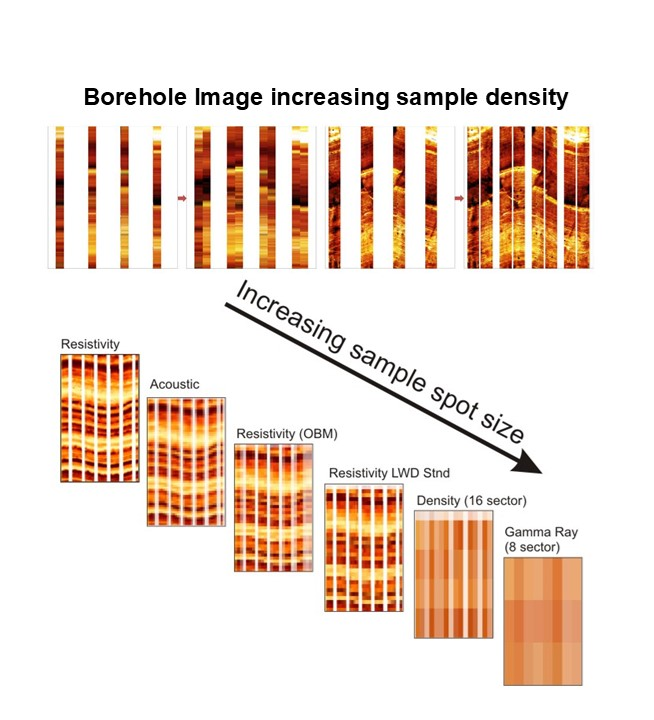
- This event has passed.
2024 PESA WEBINAR SERIES: Hydrogen Gas Storage Prospects in South Australian Petroleum Basins
Tuesday, 14 May, 2024 @ 11:00 am - 12:00 pm (Australia/Perth time)
Free – $10.00
Kindly supported by Rock Flow dynamics 
This live webinar will take place at:
11am – Perth
12.30pm – Darwin, Adelaide
1pm – Brisbane, Canberra, Hobart, Melbourne, Sydney
Use the calendar link on this page to add this event in to your own calendar at the correct local time for your location.
Tickets are free for members (please log in to see this) and $10 for non members.
Please buy your tickets and immediately follow the link in the ticket e-mail (not the calendar invite or this webpage, which is just generic and not event specific) to set up your registration with the webinar software well in advance of the time of the talk. Once registered with the webinar software you will receive a reminder e-mail 1 hour beforehand.
Hydrogen Gas Storage Propsects in South Australian Basins
Presented by Mark Bunch (University of Adelaide)
Abstract
South Australia hosts two petroleum production basins that are also expected to play a role in Geological Carbon Sequestration (GCS). Each hosts CO2 disposal operations at differing scales. Previous studies have demonstrated sealing capacities bounding structural closures to viable reservoir beneath the threshold depth for sustaining supercritical CO2 sufficient to accommodate millions of tonnes of CO2 annually. Another prospective use for these reservoir systems has emerged: Underground Hydrogen Storage (UHS). UHS will provide a secure, scalable way to accommodate excess hydrogen production and fill temporary supply shortfall, thereby stabilising the price of energy as the transition unfolds. Hydrogen is a gas under all viable subsurface conditions so is invasive, mobile and of low mass density. Sealing capacity to hydrogen gas is approximately equivalent to that of methane meaning closures to natural gas fields should be viable for temporary hydrogen storage. However, there are other considerations such as how prone a containment system would be to hydrogen losses by degraded integrity under injection-production stress, dissolution, chemical reactions or microbial consumption. This study evaluates viable UHS fairways within each basin at the helicopter-view scale. The following factors are considered: hydrodynamic modification of closure; sealing unit thickness and capacity; a threshold depth that is both as shallow as possible but deep enough to limit microbial hydrogen consumption whilst ensuring a competitive hydrogen mass density. When these factors are considered together, the most prospective fairways are revealed that correspond with a subset of known petroleum field closures to proven reservoir intervals.

